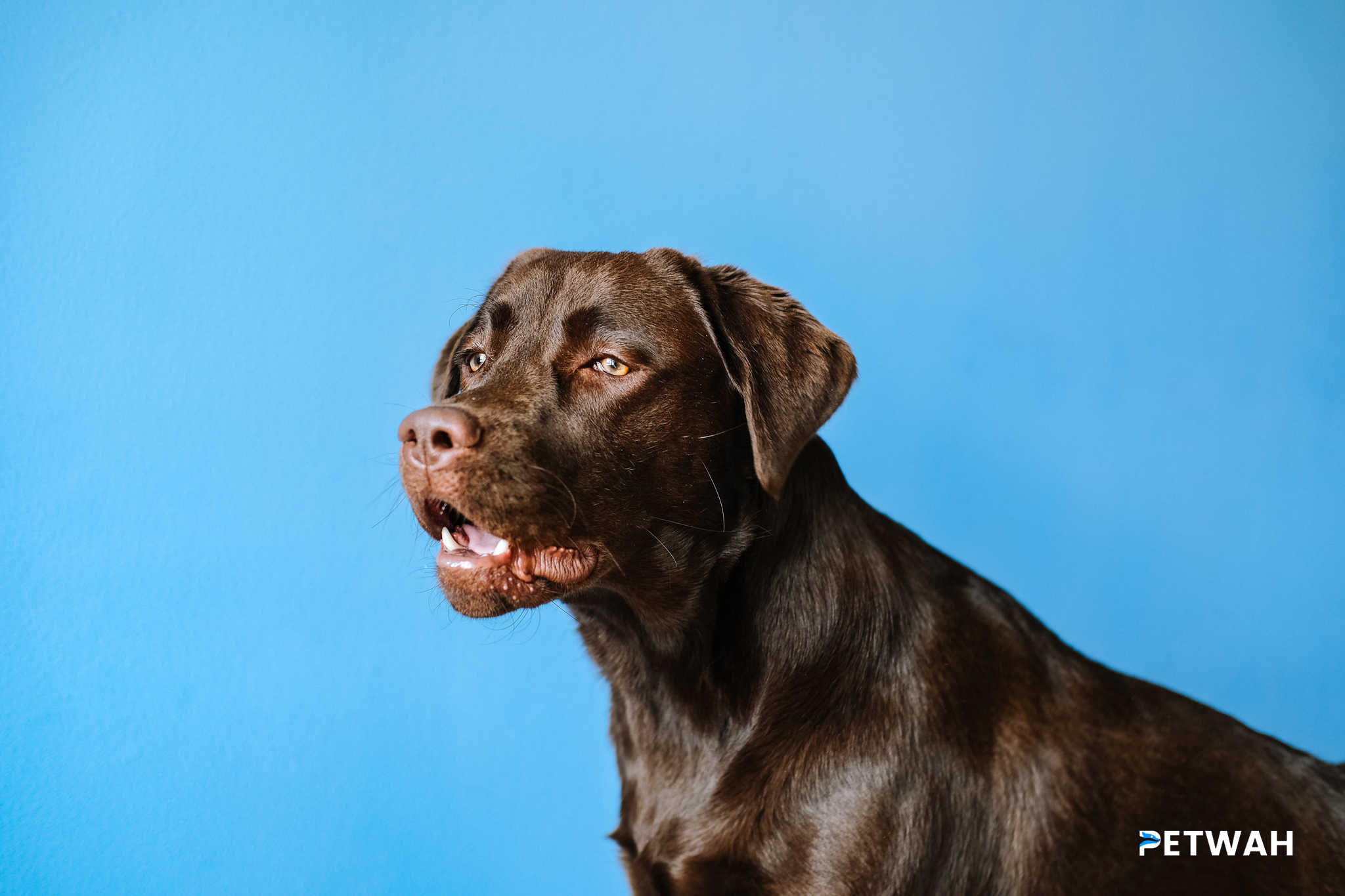Labrador Retrievers are known for their high energy, friendly personalities, and their love for food. As a Labrador owner, you may already know how important it is to keep your furry friend healthy and happy. However, one aspect of their health that is often overlooked is their dental health. Just like humans, dental health plays a critical role in the overall well-being of our pets. Unfortunately, dental issues are common among Labradors, and they can cause discomfort, pain, and even lead to serious health problems if left untreated. In this blog post, we will discuss the signs and symptoms of dental issues in your Labrador Retriever, so you can take proactive steps to ensure their dental health is in top shape.
Labrador Retrievers are known for their loveable and friendly nature, however, they are also prone to dental issues that can cause a lot of pain and discomfort. Dental health is an often-overlooked aspect of canine care, but it is vital to maintain your Labrador’s dental health to ensure their overall well-being.
Here are some common signs and symptoms of dental issues in Labrador Retrievers:
1. Bad Breath – If your Labrador has bad breath, it could be a sign of dental disease. Bad breath is caused by bacteria that thrive in the mouth and can lead to other dental issues if left untreated.
2. Difficulty Eating – If your dog is having trouble eating, it could be a sign of dental pain. Dogs with dental issues may avoid hard or crunchy foods, or they may chew on one side of their mouth.
3. Swollen or Bleeding Gums – Swollen or bleeding gums are a sign of gum disease, which is a common dental issue in dogs. If you notice your dog’s gums are red and swollen or they are bleeding, it’s important to take them to the vet.
4. Loose or Missing Teeth – Loose or missing teeth are a sign of advanced dental disease. If your Labrador has loose or missing teeth, it’s important to seek veterinary care to prevent further damage.
 - Copy.jpg)
5. Excessive Drooling – Excessive drooling can be a sign of dental pain, especially if your dog is drooling more than usual. This can be caused by an infection or abscess in the mouth.
To prevent dental issues in your Labrador, it is important to take care of their teeth and gums. Here are some tips for maintaining your dog’s dental health:
1. Regular Brushing – Brushing your dog’s teeth regularly is the best way to prevent dental issues. Use a toothbrush and toothpaste specially designed for dogs and brush their teeth every day.
2. Dental Chews and Toys – Dental chews and toys can help keep your dog’s teeth clean and healthy. Look for products that are specifically designed to promote dental health.
3. Regular Check-Ups – Regular check-ups with your veterinarian can help catch dental issues before they become more serious. Your vet can also recommend dental cleanings or other treatments if necessary.
taking care of your Labrador Retriever’s dental health is essential to their overall well-being. By knowing the signs and symptoms of dental issues and taking steps to prevent them, you can help ensure your dog has a happy, healthy smile for years to come.
In conclusion, taking care of your Labrador Retriever’s dental health should be a top priority. By regularly examining their teeth, providing proper dental hygiene, and seeking veterinary care when necessary, you can help prevent serious dental issues and keep your pup happy and healthy for years to come. Remember, prevention is key, so don’t wait until your Labrador Retriever is in pain or discomfort before taking action. By being proactive and attentive to their dental health, you can ensure that your furry friend has a bright, healthy smile that lasts a lifetime.


%20-%20Copy.jpg)
%20-%20Copy.jpg)
.jpg)
%20-%20Copy.jpg)
%20-%20Copy.jpg)

.jpg)